The Billionaire Ballot
Citizens United turns 15: Money Talks, But Who Is Listening?
A Landmark Case Unleashes a Tidal Wave of Cash
Fifteen years ago, a Supreme Court case changed the face of American democracy without most voters even realizing it. Citizens United v. FEC (decided in 2010) opened the floodgates for corporations and other groups to spend unlimited money in elections. In the years since, outside organizations have poured billions of dollars into U.S. campaigns – an explosion of political cash that has “tilted political influence toward wealthy donors and corporations”. This deep dive explores the architects of Citizens United, how it set off a chain of events largely kept out of the public eye, and who has benefited most. We’ll examine the corruption concerns, the uneasy embrace of big money by both major parties, and why “freedom of speech” in politics now effectively means freedom of money. Along the way, we’ll consider expert opinions, hard data, and even future threats – like whether cryptocurrency could become the next channel for secret campaign bribes. It’s a shockingly revealing, journalistic look at how a single court decision continues to reshape our politics.
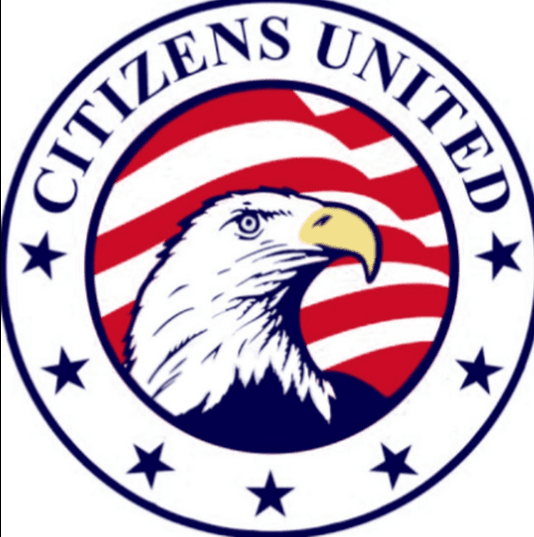
The Architects and Origins of Citizens United
The story begins with a conservative nonprofit named Citizens United. In 2008, this group wanted to air a documentary critical of then-candidate Hillary Clinton, running afoul of campaign finance rules at the time. The case made it to the Supreme Court, and in January 2010 a slim 5–4 majority sided with Citizens United. The Court not only ruled in favor of the film – it went much further, striking down century-old laws that barred corporations and unions from spending money on elections. Justice Anthony Kennedy’s majority opinion famously argued that banning independent political expenditures by organizations was tantamount to censoring speech. In other words, spending money to influence voters was protected as “speech” under the First Amendment. This radical premise wasn’t entirely new – it built on a 1976 case (Buckley v. Valeo) that equated campaign spending with speech – but Citizens United dramatically expanded it. Suddenly, corporate treasuries and billionaire bank accounts were free to deploy unlimited funds on political ads, so long as they didn’t coordinate directly with a candidate.
Who were the key architects of this change? For one, the conservative legal strategists and donors who backed Citizens United’s challenge. Notably, lawyer Ted Olson (a former U.S. Solicitor General) argued the case before the Court, and groups like the U.S. Chamber of Commerce cheered the outcome. The majority on the Court – led by Chief Justice John Roberts and Justice Kennedy – provided the legal muscle, overturning prior precedents (Austin v. Michigan Chamber of Commerce (1990) and part of McConnell v. FEC (2003)) that had upheld tighter finance rules. In dissent, Justice John Paul Stevens warned that the ruling was “a rejection of the common sense of the American people, who have recognized a need to prevent corporations from undermining self-government”. But the die was cast. Citizens United became the law of the land, and the era of the “super PAC” was about to begin.
Super PACs and Dark Money: The New Empire of Election Spending
One immediate result of Citizens United was the rise of super PACs – new political committees that could raise unlimited contributions from anyone (corporations, unions, or individuals) and spend without limit, as long as they remained “independent” of official campaigns. In a follow-up case in 2010 (SpeechNow.org v. FEC), a lower court applied the logic of Citizens United to knock down virtually all fundraising caps for these outside groups. The flood of money began in earnest. By the 2012 election (the first presidential race after the ruling), outside political spending more than tripled compared to the previous cycle. According to OpenSecrets, super PACs alone spent roughly $6.4 billion on federal elections from 2010 through 2022, and then shattered records with another $2.7 billion in 2024. This sums to well over $9 billion from super PACs since Citizens United, not even counting other outside entities. If we include spending by secretive nonprofit groups and others, outside election spending has exceeded $13–14 billion in the post-Citizens United era. The numbers are staggering – a “massive increase” in outside political money that would have been unthinkable a generation ago.
Where is this money coming from? Largely a tiny group of ultra-wealthy donors and special interests. The Brennan Center for Justice notes that super PAC cash “largely comes from a small group of the very wealthiest donors”. In fact, election after election, studies show an extreme concentration of funding. Public Citizen’s analysis found that just the top 100 super PAC donors accounted for about 60% of all super PAC contributions in recent cycles. To illustrate, during the 2022 midterms, 21 billionaire families contributed $783 million, and billionaires accounted for 15% of all federal campaign funding – mostly via super PACs. These super-elite donors “easily outspent” the millions of small donors who gave modest amounts to candidates. In other words, a handful of rich individuals now wield election spending power on par with (or greater than) millions of ordinary Americans combined.

Not all of this spending is transparent either. Citizens United opened loopholes for “dark money” – funds spent to influence elections by groups that do not disclose their donors. Justice Kennedy’s opinion assumed that disclosure requirements would allow the public to see who funded political ads. Instead, Congress failed to pass stronger disclosure laws, and subsequent court decisions (like Americans for Prosperity Foundation v. Bonta in 2021) even rolled back some donor disclosure rules. The result: politically active nonprofits (often 501(c)(4) “social welfare” groups) spend hundreds of millions in elections without revealing whose money they’re using. In the decade after Citizens United, dark money groups became major players. By 2020, dark money spending topped $1 billion in that election alone. For example, a single network of liberal nonprofit funds (managed by Arabella Advisors) raised nearly $1.2 billion in 2020, some of which was channeled into election advocacy . On the right, organizations like the Koch brothers’ network and the U.S. Chamber of Commerce have long spent tens of millions in undisclosed funds each cycle. The average voter seeing a political ad on TV often has no idea who paid for it – the ad might end with a bland group name like “Americans for Good Government” while masking a trail of money from a billionaire or corporate treasury. This fusion of private wealth and political power, enabled by secrecy, is “unseen since the late 19th century” Gilded Age.
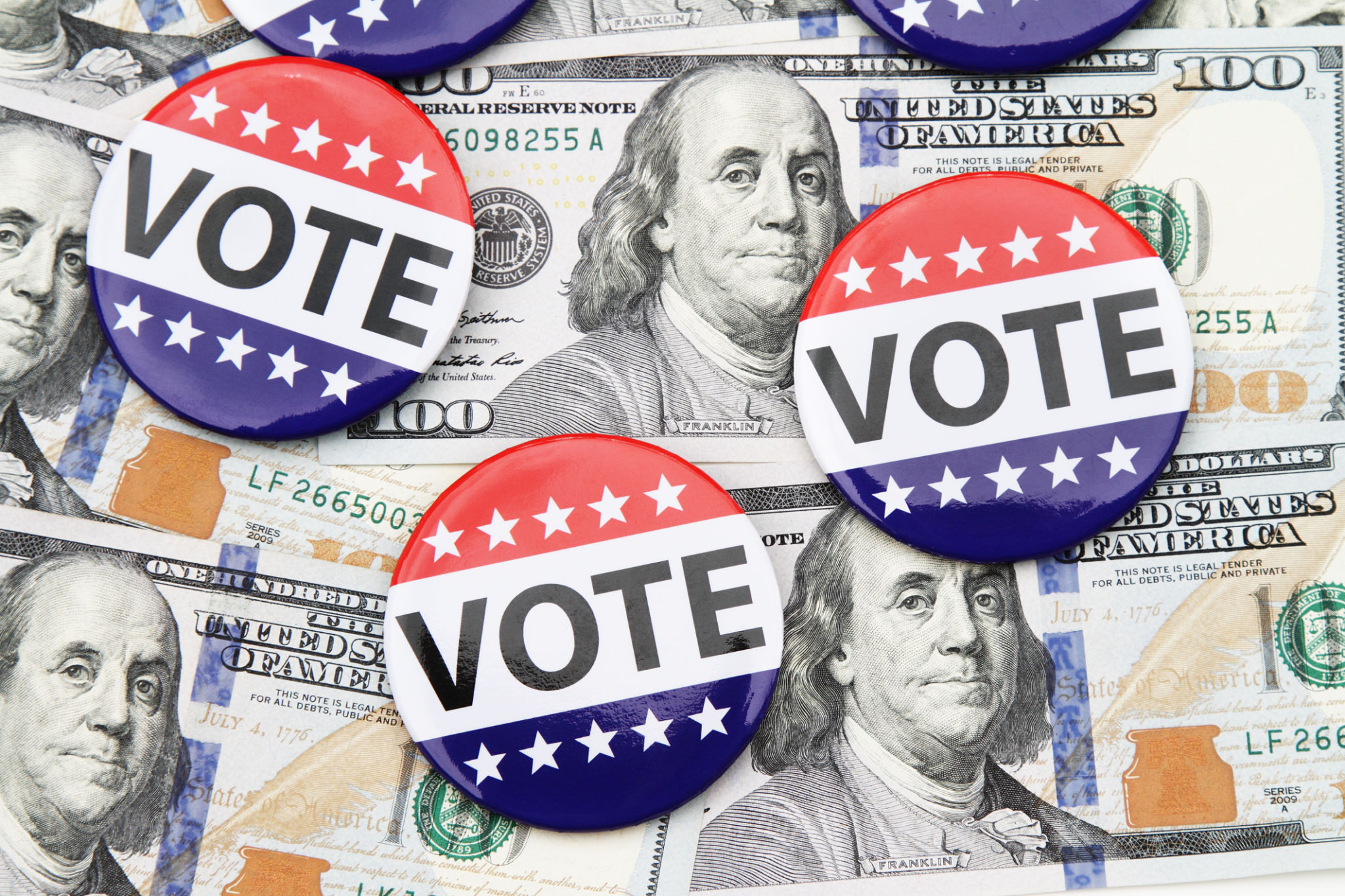
Who Benefited Most? (Hint: Both Parties Joined the Feast)
It’s easy to assume that one party or the other benefitted more from Citizens United. Indeed, initially the ruling was celebrated by many Republicans and decried by most Democrats. Over time, however, both major parties learned to exploit the new rules – one of the more cynical twists of this tale. Republicans, traditionally allied with big corporate donors, certainly used super PACs and dark money to great effect. Conservative billionaire donors (from Wall Street, the fossil fuel industry, etc.) spent lavishly to support GOP candidates and causes in the 2010s. For example, the Koch network spent hundreds of millions on advocacy and ads, and groups like the Chamber of Commerce consistently directed funds to Republican campaigns. Citizens United also allowed unions to spend freely, but union political spending has been far smaller than corporate spending in practice. By and large, the pro-business, anti-regulation agenda of many conservative donors got a big boost from unlimited electioneering.
Surprisingly, Democrats ended up benefitting in some cycles as well. Stunned by early losses and “outside money” attacks, Democratic operatives formed their own super PACs and dark money groups to fight fire with fire. By the 2020 election, in fact, the scales had flipped: the 15 most active liberal dark money groups actually raised more money than the top 15 conservative ones. A New York Times analysis cited in The Washington Post showed that Democratic-aligned nonprofits outspent Republican ones in 2020. Billionaires on the left (like Michael Bloomberg and Tom Steyer) wrote gigantic checks to super PACs supporting Democratic candidates. Liberal “mega-donors” like investor George Soros and cryptocurrency entrepreneur Sam Bankman-Fried poured tens of millions into races. The conservative Senate Leadership Fund might bankroll Republican campaigns, but its counterpart, the Democratic Senate Majority PAC, raises comparable sums from wealthy allies. In short, neither party’s leadership is eager to kill the super PAC golden goose at this point – despite public posturing. Democrats still call for overturning Citizens United in their platform, and many genuinely dislike the ruling, but they also rely on its spoils to compete. Republicans frame the decision as a victory for free speech and continue to resist most campaign finance limits. In practice, both parties have adapted to a big-money arms race. The outrage of 2010 has softened into an uneasy acceptance: this is the new normal.

This bipartisan accommodation to the post-Citizens United world is itself telling. When both sides can solicit unlimited funds, politicians in both parties become beholden to the donor class. Lawmakers quickly learn which interests are funding their attack ads or super PAC allies. The implicit question hanging over every policy decision: How will this affect our big donors? Meanwhile, issues that lack wealthy backers – like child poverty or campaign finance reform itself – often languish. Citizens United thus entrenched a system that works for those in power across the spectrum, at the expense of voices not backed by money. As one Harvard ethics professor put it, “Congress listens to the whispers of wealthy donors more than the shouts of ordinary voters.” And indeed, a Princeton/Northwestern study in 2014 found that when it comes to policy outcomes, the preferences of average citizens have “little or no independent influence,” whereas economic elites and organized interests have a great deal of sway. In plain terms, money talks – and since Citizens United, it’s practically shouting over the voice of the people.
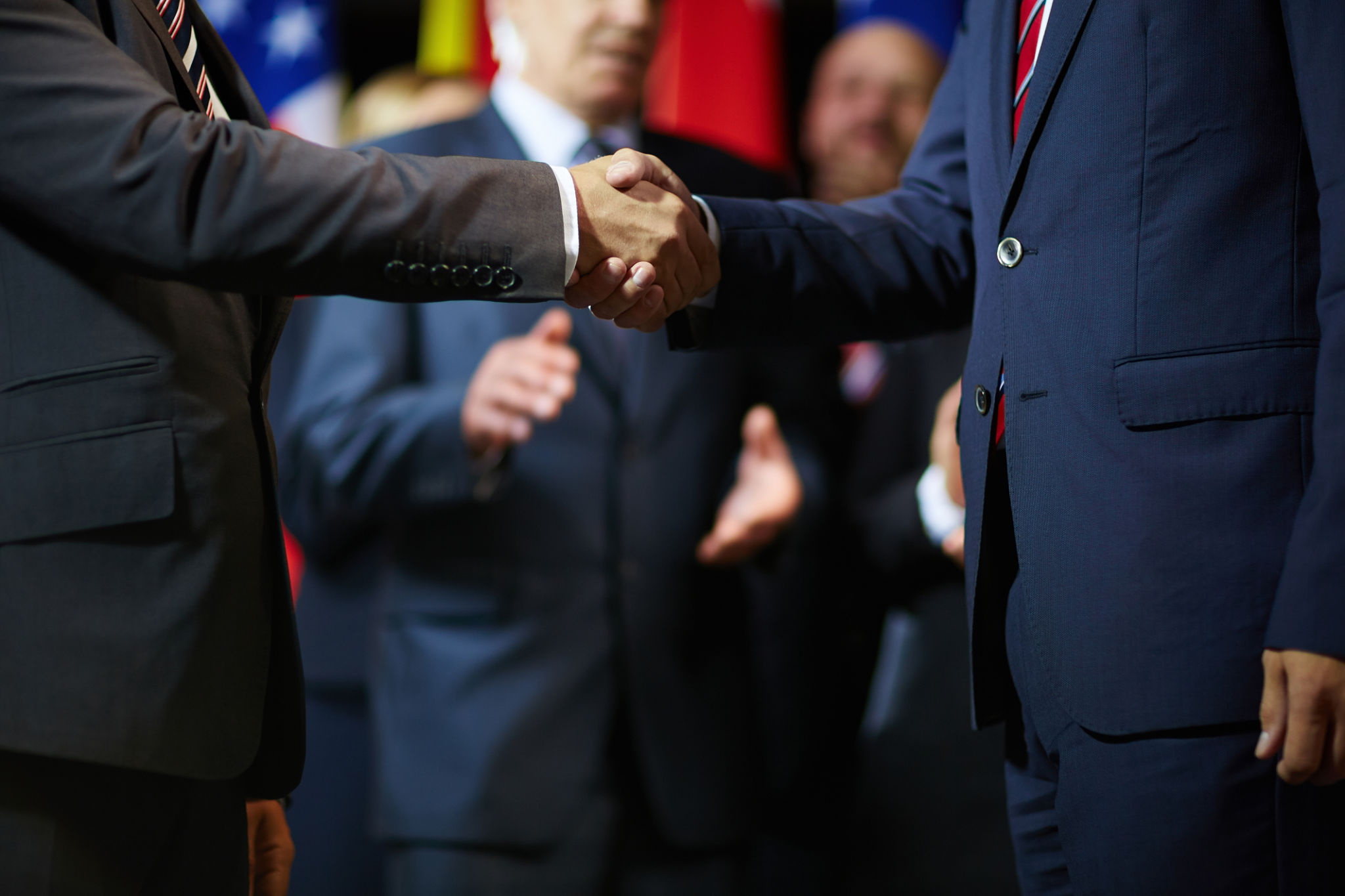
The Supreme Court: Courting Big Business
Beyond campaign finance, Citizens United marked a broader pro-business trend at the Supreme Court. Since 2010, the Court’s conservative majority (which grew even stronger in recent years) has repeatedly favored corporate and wealthy interests – often overturning precedents to do so. For example, in 2014’s McCutcheon v. FEC, the Court struck down the overall cap on how much an individual could donate to all federal candidates and parties in a two-year span. That decision removed one of the last guardrails preventing a single donor from lavishing huge sums across the political landscape. In 2018, the Court’s 5–4 ruling in Janus v. AFSCME overturned a 40-year-old precedent and crippled public-sector unions’ funding, a win for anti-labor corporate interests. And in 2021, the Court in Americans for Prosperity Foundation v. Bonta sided with a Koch-backed group to strike down California’s rule on disclosing major donors to nonprofits – effectively shielding big donors’ identities under the banner of “privacy.”
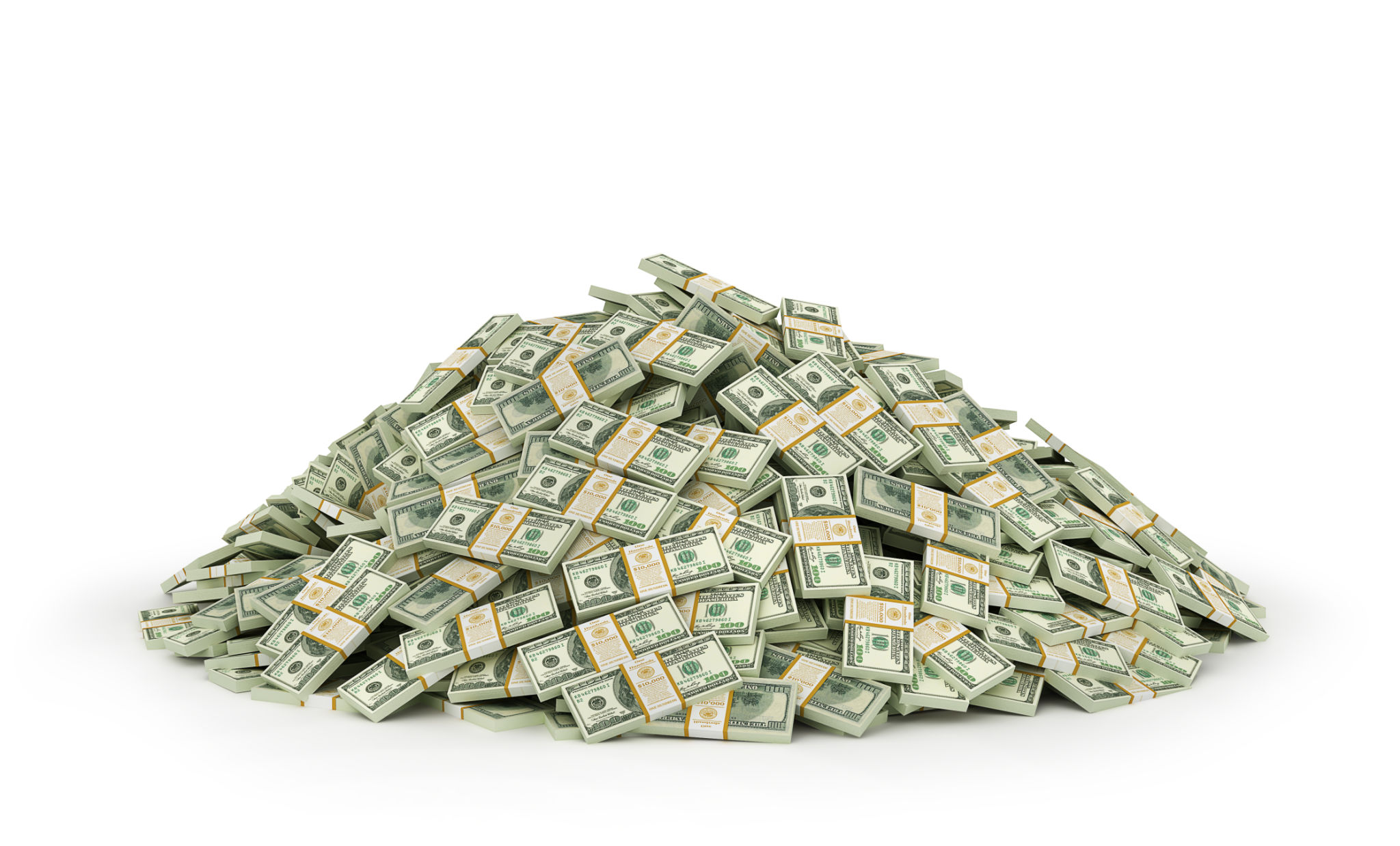
Each of these moves fit a pattern: the Supreme Court under Chief Justice Roberts has been called “the most pro-business Court of all time.” Studies show the Roberts Court sides with the U.S. Chamber of Commerce (a proxy for corporate interests) about 70% of the time, a sharp increase from past eras. Some years, the Chamber’s win rate has hit 80%, 90%, even 100% at the high court. The Court frequently chooses to hear cases where a lower court ruled against a business interest, giving it a chance to reverse those decisions – while notably avoiding cases where corporations lost and the lower court ruling favored consumers or workers. In one five-year period, the Court reversed nearly 50 lower-court rulings that had been in favor of plaintiffs or regulators, yet overturned only two that had favored industry. The message is clear: corporate America has a sympathetic ear at the highest court.

Citizens United was a centerpiece of this pro-business judicial revolution. It “bulldozed settled doctrine” in favor of corporate speech rights, and the Court hasn’t looked back. The justices’ majority opinion claimed that independent expenditures (like super PAC ads) pose no risk of corruption – an assumption that, in real life, has proven dead wrong. We have since seen de facto coordination between candidates and their supposedly independent super PACs, and officeholders who know exactly which billionaire or CEO funded the blitz of ads that helped elect them. Former Republican Senator Alan Simpson once quipped, “There’s no doubt about it – money’s free speech. It’s the mother’s milk of politics. But like milk, it can go sour.” The Court, however, views such spending through a lofty First Amendment lens. In their eyes, limiting money is worse than allowing potential corruption; only outright bribery counts as corruption in the Court’s cramped definition. This philosophy – “freedom of speech is now freedom of money” – has not only survived, but thrived. Even as public trust in government wavers and studies suggest policy is skewed toward the affluent, the Court’s majority remains unmoved. Neither Democrats nor Republicans in Congress have been able to muster the super-majorities needed to override the Court (for instance, via a constitutional amendment or new laws with creative workarounds). And so the precedents set by Citizens United and its progeny continue to reign.
What the Public Doesn’t Know: Subtler Corruption and Lasting Impacts
One of the most insidious impacts of Citizens United has been the corruption of politics in ways the average person rarely sees. We’re not talking about brown envelopes of cash in a parking lot – that kind of old-school bribery is still illegal (and comparatively rare). Instead, consider how policy agendas are shaped behind closed doors. With unlimited funding at stake, politicians know that backing certain policies – or blocking others – can unleash a super PAC on their behalf (or against them). For example, members of Congress who toed the line on deregulating Wall Street saw financial industry super PACs spend generously to keep them in office. Those who crossed powerful interests might find themselves targeted by millions in “independent” negative ads. This isn’t a quid pro quo that lands a politician in jail; it’s more subtle. It’s the knowledge that large sums can be marshaled for or against you, which naturally “greases the wheels” and makes politicians extra attentive to big donors’ wishes.

The average person might also be unaware of the lasting policy changes that trace back to Citizens United. Why did efforts to address climate change stall for so long? One reason: Citizens United allowed oil and gas companies to greatly step up campaign spending, blocking legislation that those companies opposed. Why do prescription drug prices remain sky-high? Look at the pharmaceutical industry’s election spending and super PAC donations, dwarfing the voice of patients. Over time, whole areas of public policy (taxes, healthcare, labor laws, environmental rules) have been nudged toward the preferences of the biggest spenders. Economists note that this can distort markets and governance alike. For instance, a Harvard Business Review piece argues that corporate political spending is actually bad for business in the long run, because it entrenches inefficient policies and breeds public cynicism. Yet in the short run, companies that invest in lobbying and electioneering often reap huge returns – tax breaks, favorable regulations, subsidies – that far exceed what they spent on campaign contributions. The ROI (return on investment) for lobbying and political spending has been estimated at hundreds of percent for some industries. Little wonder that, post-Citizens United, spending on federal lobbying has also remained very high (over $3.7 billion in 2023 alone, coincidentally about the same as outside election spending that year).
Perhaps the most profound impact hidden from public view is the cynicism and disengagement of voters. When people sense that big money calls the shots, they lose faith that their vote matters. Voter turnout in the U.S. remains middling compared to other democracies. Many Americans don’t connect all the dots, but they intuit the truth: their elected representatives often seem more responsive to donors and lobbyists than to constituents. As former President Jimmy Carter lamented, the United States now functions more like an “oligarchy” than a vibrant democracy, because unlimited money has undermined political equality. This corrosive effect – the erosion of trust and the normalization of pay-to-play politics – might be the most damaging legacy of Citizens United and its aftermath. And it’s largely invisible; there’s no breaking news alert when a bill is quietly shelved to appease a donor, or when a committee hearing is scheduled (or not scheduled) based on lobbyists’ influence. The corruption is systemic and largely legal, which makes it all the more entrenched.

The Next Frontier: Could Bitcoin Be the Future of Bribery?
If you thought super PACs and dark money were hard to track, the next wave of campaign finance scandal may be brewing in the world of cryptocurrency. Recent arrests and scandals have exposed how big donors sometimes break even our lax campaign finance laws – and suggest that they might turn to new tools like Bitcoin to avoid getting caught. Take the case of Sam Bankman-Fried, the founder of crypto exchange FTX, who became one of the biggest political donors in the 2020–2022 cycle. He donated tens of millions of dollars to candidates and PACs (often through intermediaries), but after FTX’s collapse he was indicted for, among other things, unlawful political contributions. The paper trail of traditional money contributed to his downfall. Now, imagine a donor who wants to influence politics without leaving a trail – anonymous digital currency could be the answer. Bitcoin and other cryptocurrencies offer semi-anonymity; with a bit of tech savvy, funds can be routed through a maze of wallets and exchanges, concealing the original source. Campaign finance regulators are certainly wary – the U.S. Federal Election Commission (FEC) has set some rules for crypto donations (treating them like in-kind donations, subject to limits), but those rules can be skirted if the money flows to outside groups or non-disclosing entities.
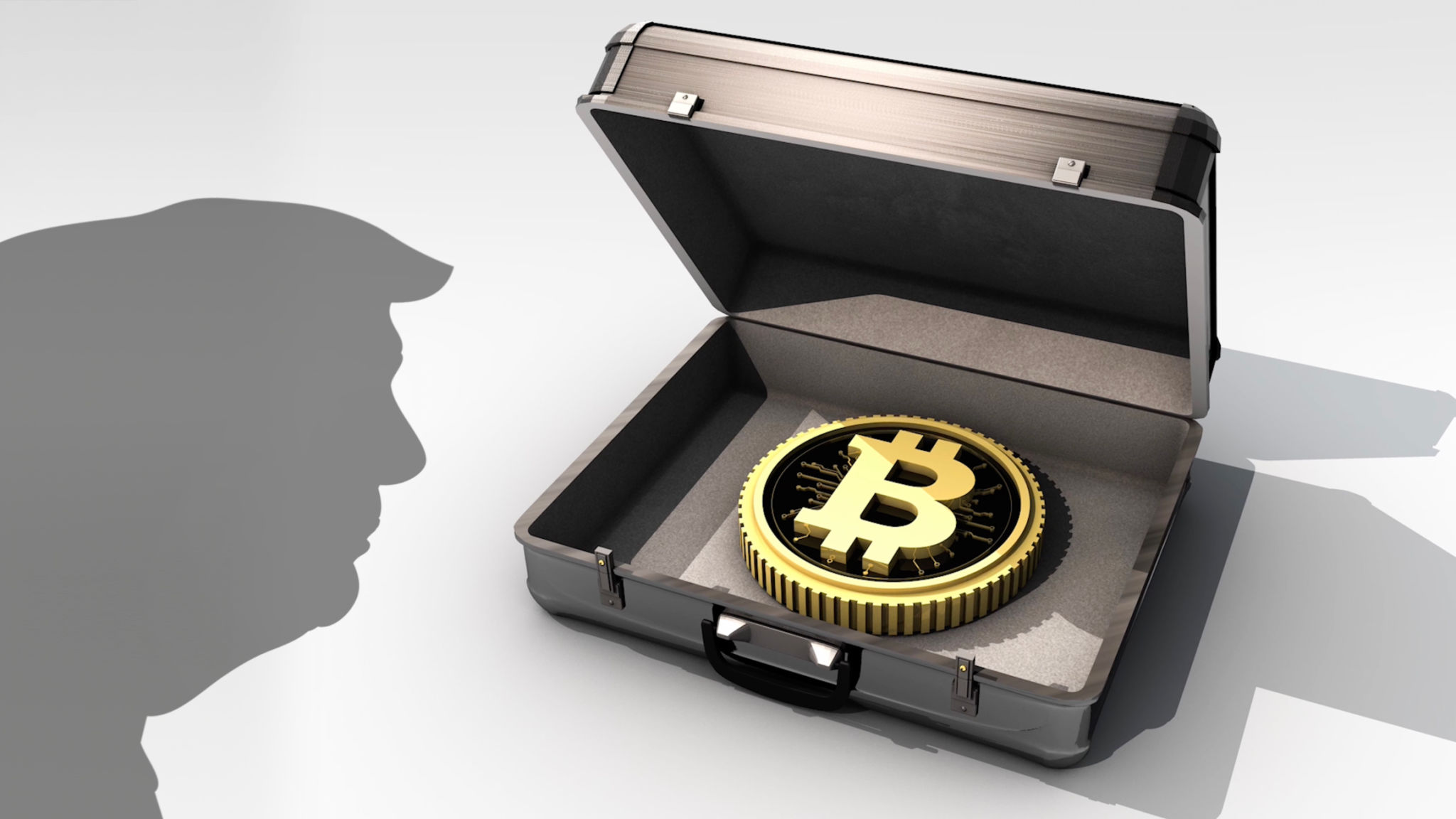
Some futurists and watchdogs are sounding the alarm that crypto could become the next dark money. Dennis Kelleher, CEO of the nonprofit Better Markets, warned that we may soon see a “massive ramp-up in crypto-funded ‘dark’ money campaigns” targeting politicians who don’t toe the crypto industry line. He estimates the crypto sector could spend “hundreds and hundreds of millions of dollars” to influence elections and policy – and much of that could be via untraceable channels. We’re already seeing crypto-backed groups running issue ads against lawmakers who support stricter regulation on digital currencies.

Looking further ahead, one can even envision creative bribery schemes: for instance, a politician could launch their own branded crypto token, and foreign governments or tycoons could buy loads of it at inflated prices to enrich that politician without any official donation changing hands. This is not far-fetched – in fact, a former White House economist, Catherine Rampell, speculated that President Trump’s rumored $TRUMP crypto coin could serve exactly this purpose, allowing foreign governments to “flash their digital wallet” to show how much value they’ve pumped into the president’s asset (a high-tech form of lining his pockets). Such tactics could blatantly violate the spirit of campaign finance and anti-bribery laws (not to mention the Constitution’s ban on officials taking emoluments from abroad), yet be hard to police in practice. Crypto’s cross-border, pseudo-anonymous nature might enable bribers to keep people out of jail – both the donor and the politician – by removing the obvious quid pro quo trail. It’s a Wild West that regulators are only beginning to confront.

For now, this remains speculative. But the mere possibility underscores a broader point: as long as enormous sums of money are at stake in politics, ambitious actors will find new ways to funnel that money to gain influence. Citizens United cracked open a door that technology may yet blow off its hinges. The arrest of a few rule-breakers won’t stop the flow; it will just redirect it. Bitcoin bribes or NFT fundraising schemes could be around the corner, and unless laws catch up, the integrity of elections will face new challenges. It’s a stark reminder that in a system where money equals speech, those with the most innovative (or deceptive) ways to spend money will have the loudest voice.

Democracy for Sale?
Candace Goodman asks: If our politicians are still regular humans – no superpowers, no saintly immunity to temptation – how do we really expect them to turn down millions of dollars offered (indirectly) for what seems like so little in return? A favorable vote here, a friendly amendment there, or just the promise of “access” and an open door – such small things, and yet wealthy interests are willing to pay astronomical sums for them via campaign spending. From a cold, hard rational perspective, a politician would need unshakeable integrity to refuse what has become the norm. And while many do try to remain principled, the system pits idealism against a tidal wave of cash. The question practically answers itself: we can’t solely rely on individual willpower to resist this. As long as the rules make it legal and easy for money to flood in, money will find its way and even good people may rationalize playing the game “to survive.”

The lasting impact of Citizens United is that it normalized a pay-to-play political culture. The average American might be shocked to learn just how much time elected officials spend courting big donors or how policy often aligns with those donors’ interests. It’s entertaining, in a dark way, to follow the money and uncover these connections – like a real-life political thriller – but it’s also deeply concerning for the health of the republic. Experts from across the ideological spectrum – from liberal reformers to libertarian scholars – agree on at least one thing: an unchecked flood of money can corrode the legitimacy of our government. As former Supreme Court Justice Sandra Day O’Connor warned, the appearance of money-driven corruption is as damaging as the corruption itself, because it breeds mistrust.
Going forward, the debate rages on: Some reformers push for a constitutional amendment to overturn Citizens United (though that faces long odds). Others advocate for public financing of campaigns to dilute the influence of private money. And some tech futurists suggest blockchain-led transparency for all political contributions (ironically using tech to counter the problems tech created). Yet, to date, meaningful reform is stalled – partly because, as we noted, both parties have adapted to the current system and fear disarming unilaterally. So we end with a question to you, the reader: If money is speech, and vast fortunes can shout louder than millions of citizens, what does that mean for the promise of equal representation? And if our leaders remain only human, how can we expect them to reject the millions of dollars swirling around them, unless we change the incentives and the rules of the game? These are uncomfortable questions – but in seeking the answers, we confront the reality of American politics in the post-Citizens United age. The truths may be inconvenient, even infuriating. But as responsible citizens, knowing who benefits and how the game is played is the first step toward reclaiming a democracy that truly answers to the people, not the highest bidder.
